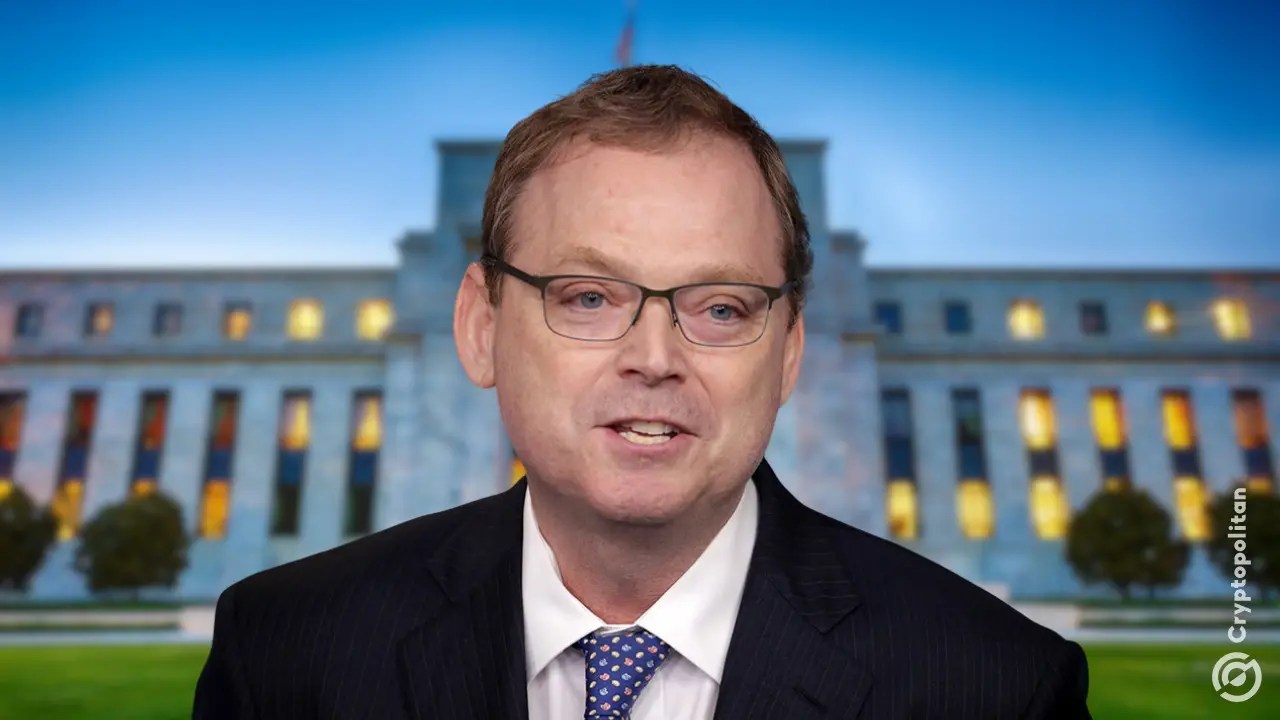Why Sandeep Nailwal Is Betting on Himself as Polygon CEO
The post Why Sandeep Nailwal Is Betting on Himself as Polygon CEO appeared on BitcoinEthereumNews.com. Polygon co-founder Sandeep Nailwal is charting a new course for the network, backing a singular leadership model as essential to its future. In an interview with Cointelegraph, Nailwal said the shift away from board-led governance isn’t just a structural change but a strategic response to inefficiencies that have slowed Polygon’s momentum. On June 11, he announced he would take over as CEO of the Polygon Foundation, describing the decision as necessary to bring “clear direction and focused execution” to the project’s next chapter. Now under his sole leadership, the Ethereum scaling project will sunset its zkEVM chain and focus on real-world assets (RWAs) and stablecoin payments through Polygon PoS while using its AggLayer to pursue its dream of building the internet of blockchains. Polygon claims to be in good financial condition. Source: Sandeep Nailwal Nailwal on the “servitude mentality” driving Polygon In January, Ethereum co-founder Vitalik Buterin stirred debate by declaring sole authority over decisions regarding the Ethereum Foundation’s leadership. “It’s exactly the same, except I said that I am the director,” Nailwal told Cointelegraph, referring to his own role. After Polygon’s rise in 2021 and 2022, the project sought to “institutionalize” by mirroring the structures of large companies. The Polygon Foundation was overseen by a board — a model that has now been dissolved, leaving Nailwal as the sole decision-maker. POL (formerly MATIC) is down to a $1.7-billion market cap from a peak of around $20 billion. Source: CoinGecko “Things were definitely taking a lot of time. Decisions that should’ve been made in two weeks were sometimes taking two months,” he said. Nailwal said streamlining decision-making doesn’t mean abandoning empathy. He still has what he calls a “servitude mentality,” a leadership style shaped by his upbringing. Both of his grandfathers were servants in a wealthy household, where they met…

The post Why Sandeep Nailwal Is Betting on Himself as Polygon CEO appeared on BitcoinEthereumNews.com.
Polygon co-founder Sandeep Nailwal is charting a new course for the network, backing a singular leadership model as essential to its future. In an interview with Cointelegraph, Nailwal said the shift away from board-led governance isn’t just a structural change but a strategic response to inefficiencies that have slowed Polygon’s momentum. On June 11, he announced he would take over as CEO of the Polygon Foundation, describing the decision as necessary to bring “clear direction and focused execution” to the project’s next chapter. Now under his sole leadership, the Ethereum scaling project will sunset its zkEVM chain and focus on real-world assets (RWAs) and stablecoin payments through Polygon PoS while using its AggLayer to pursue its dream of building the internet of blockchains. Polygon claims to be in good financial condition. Source: Sandeep Nailwal Nailwal on the “servitude mentality” driving Polygon In January, Ethereum co-founder Vitalik Buterin stirred debate by declaring sole authority over decisions regarding the Ethereum Foundation’s leadership. “It’s exactly the same, except I said that I am the director,” Nailwal told Cointelegraph, referring to his own role. After Polygon’s rise in 2021 and 2022, the project sought to “institutionalize” by mirroring the structures of large companies. The Polygon Foundation was overseen by a board — a model that has now been dissolved, leaving Nailwal as the sole decision-maker. POL (formerly MATIC) is down to a $1.7-billion market cap from a peak of around $20 billion. Source: CoinGecko “Things were definitely taking a lot of time. Decisions that should’ve been made in two weeks were sometimes taking two months,” he said. Nailwal said streamlining decision-making doesn’t mean abandoning empathy. He still has what he calls a “servitude mentality,” a leadership style shaped by his upbringing. Both of his grandfathers were servants in a wealthy household, where they met…
What's Your Reaction?



































